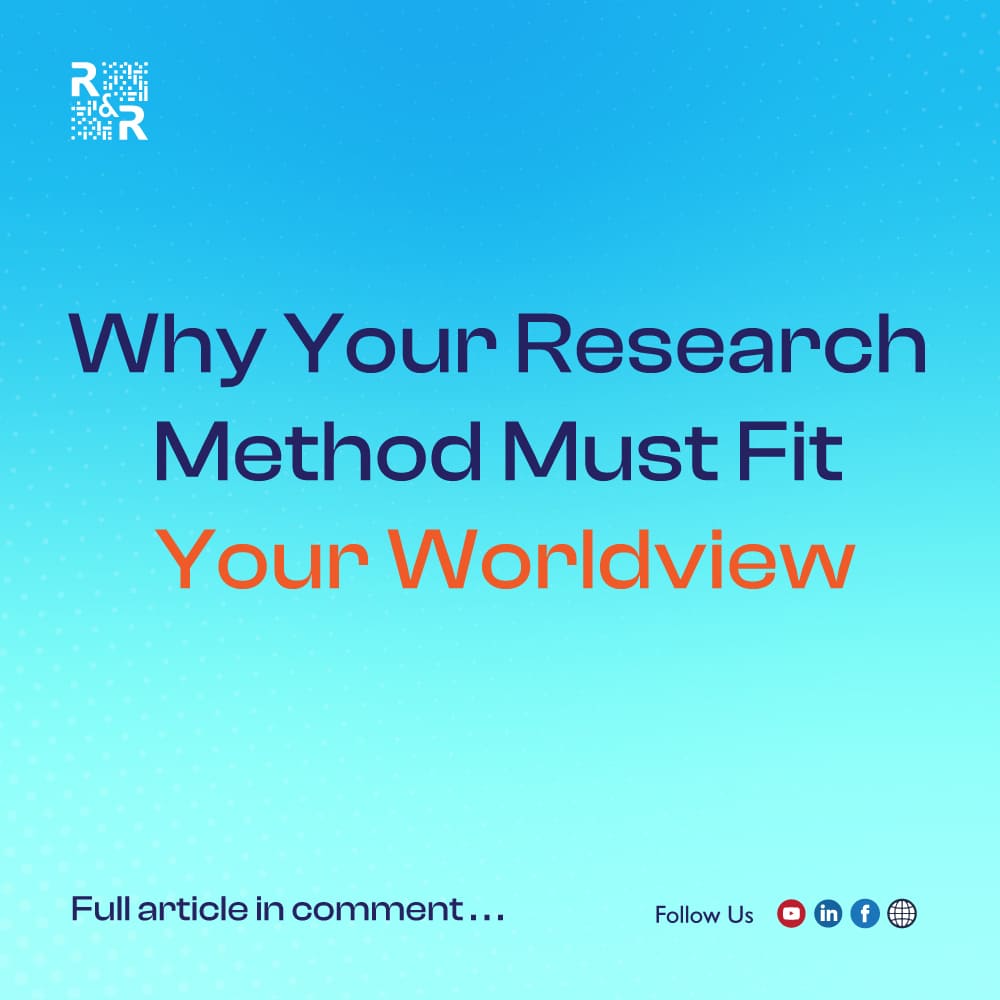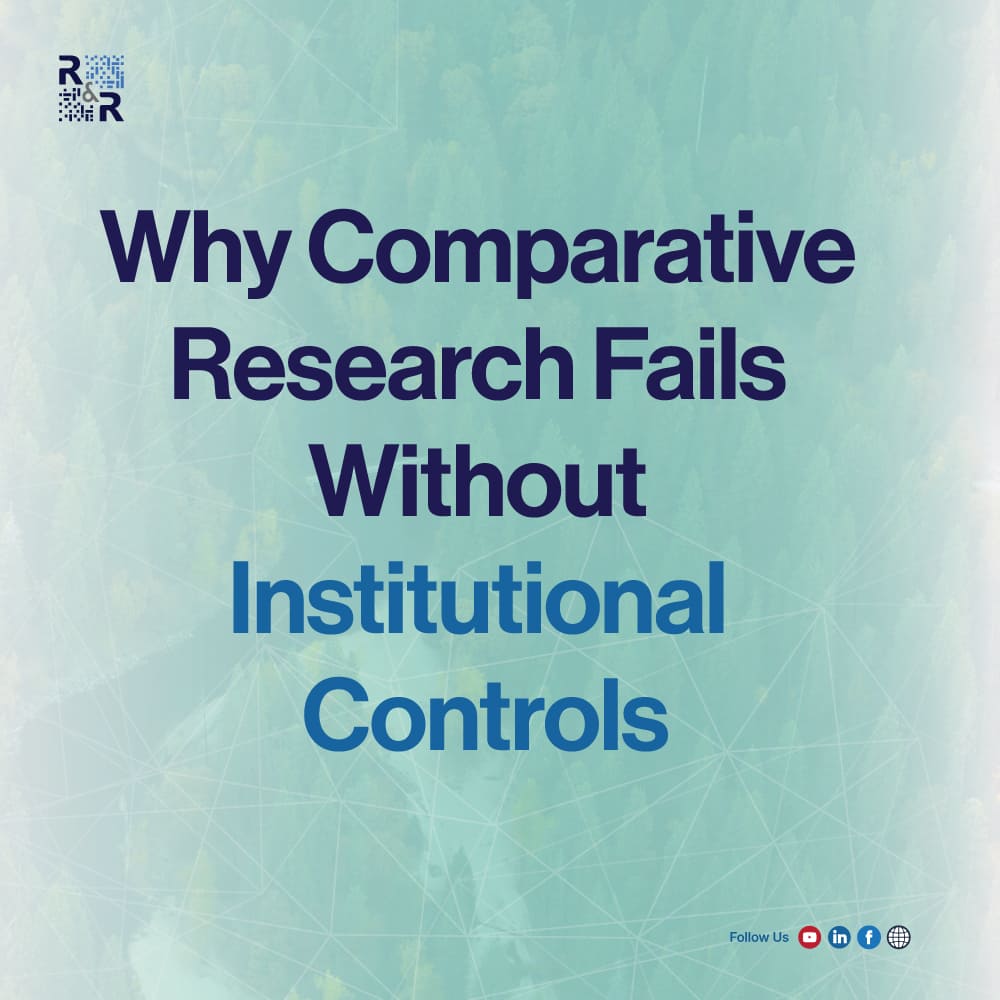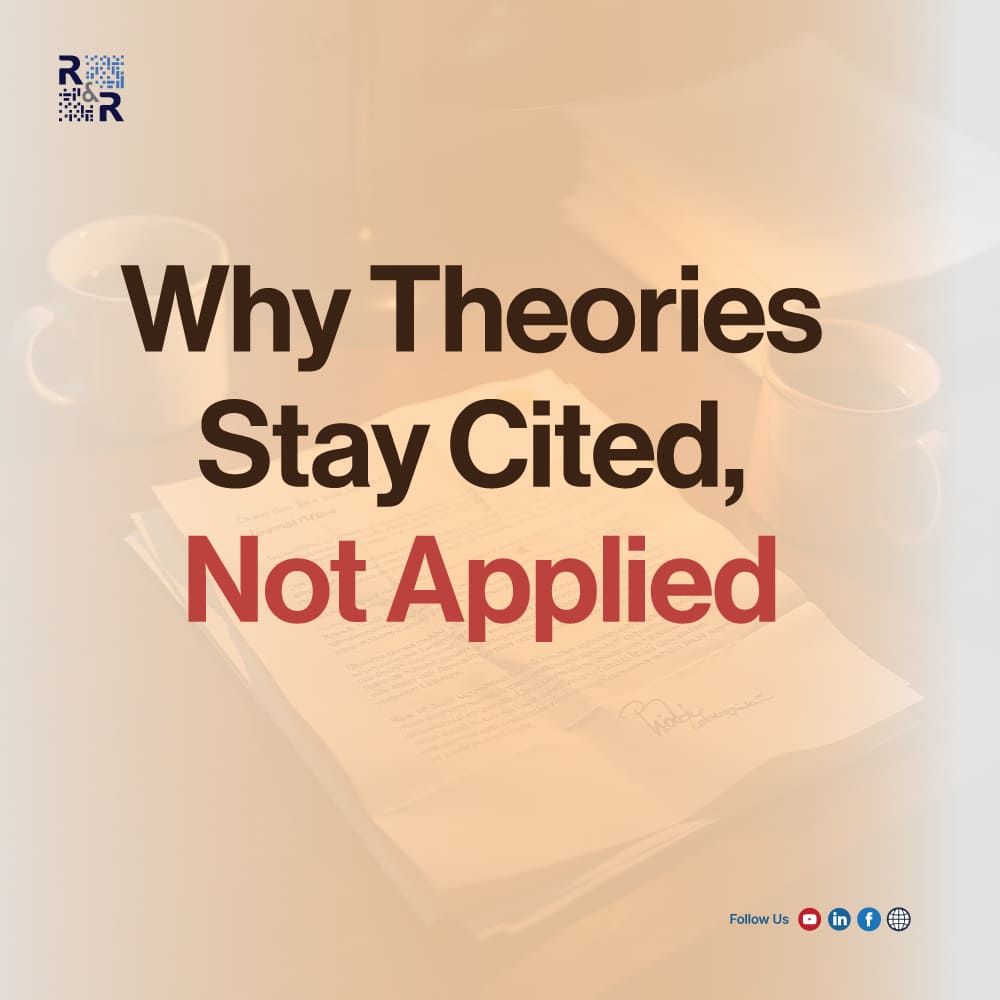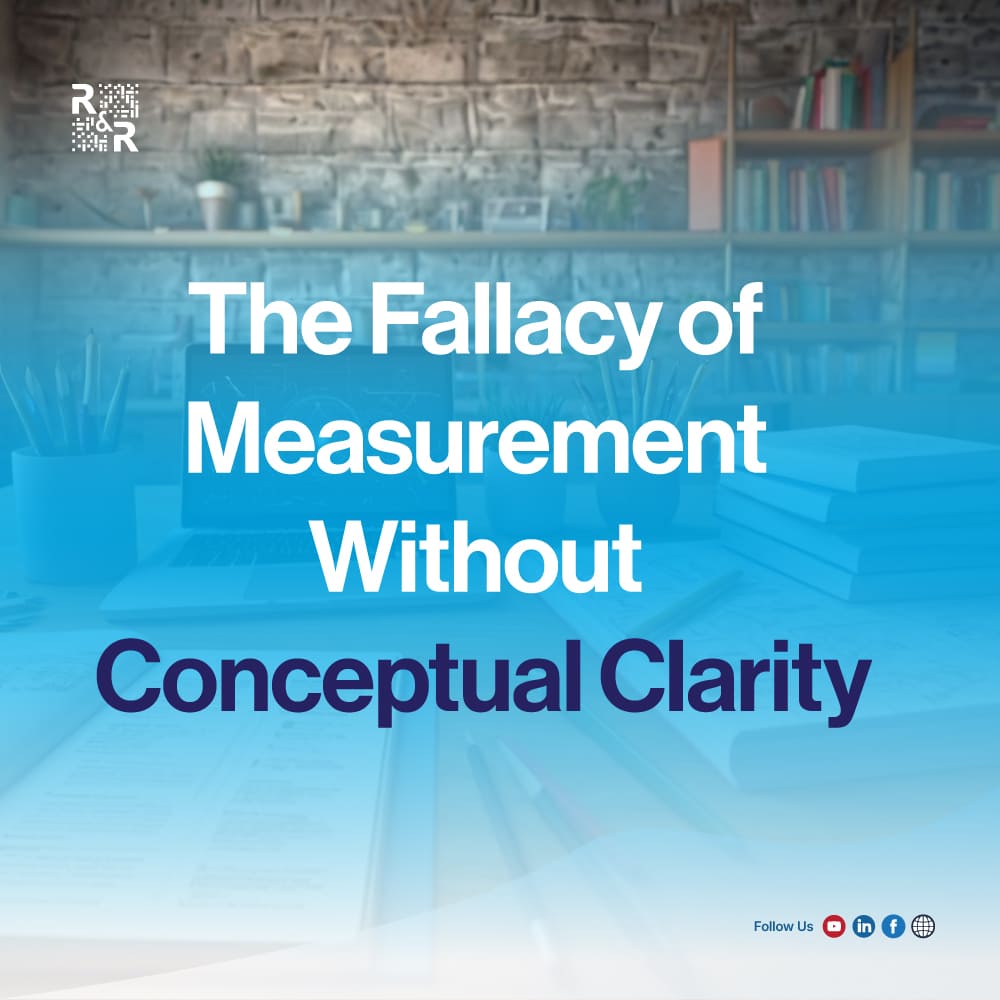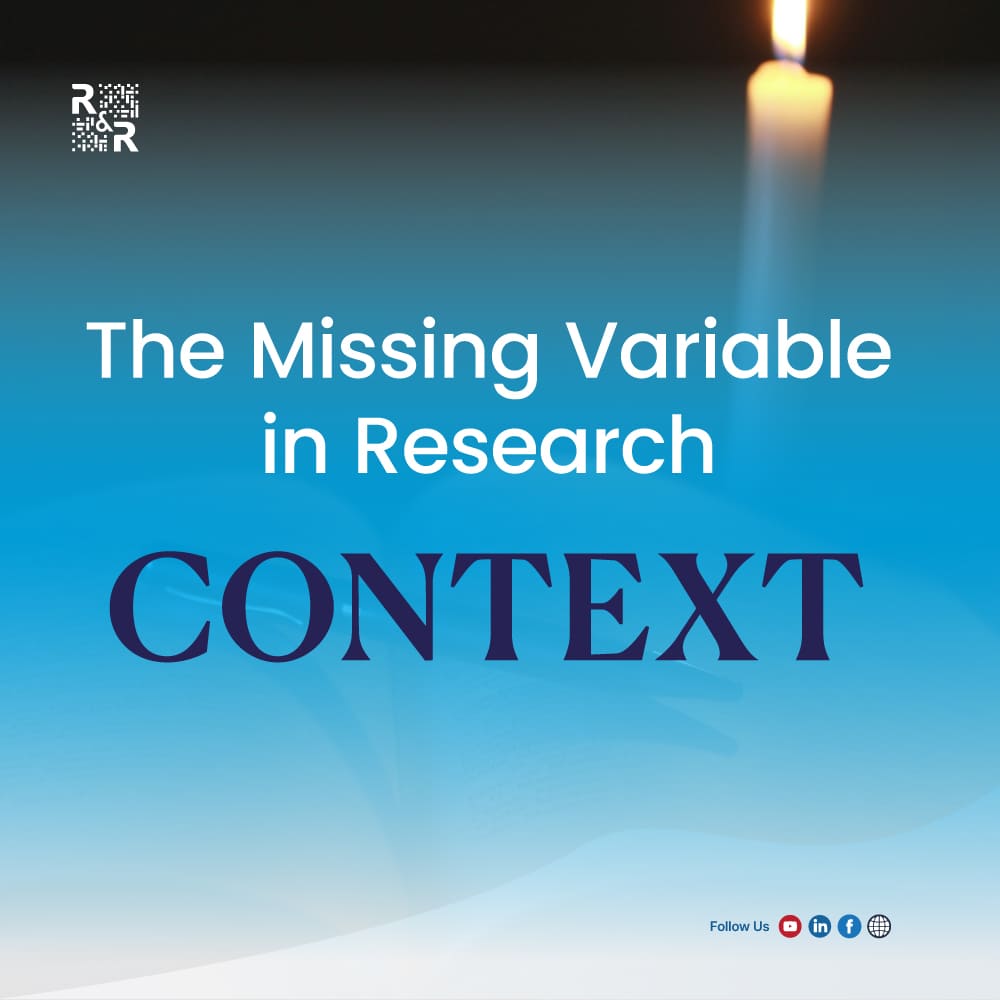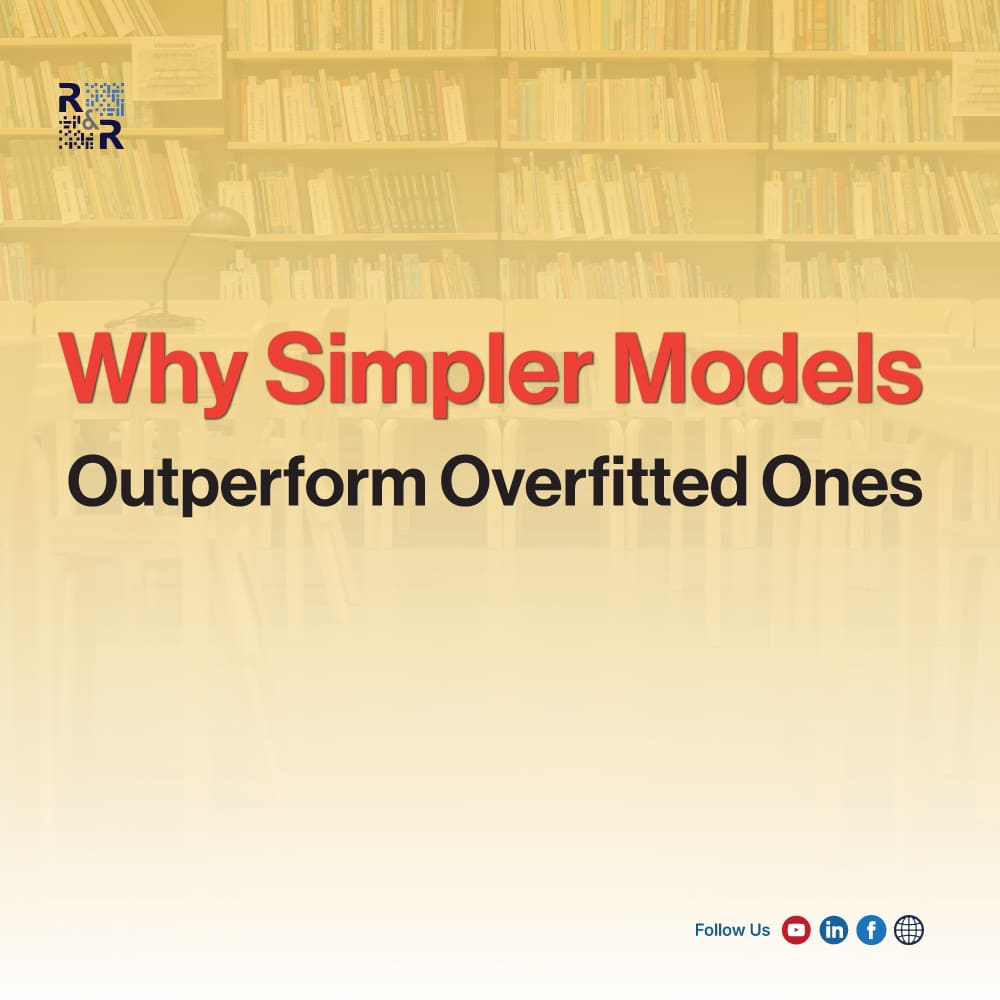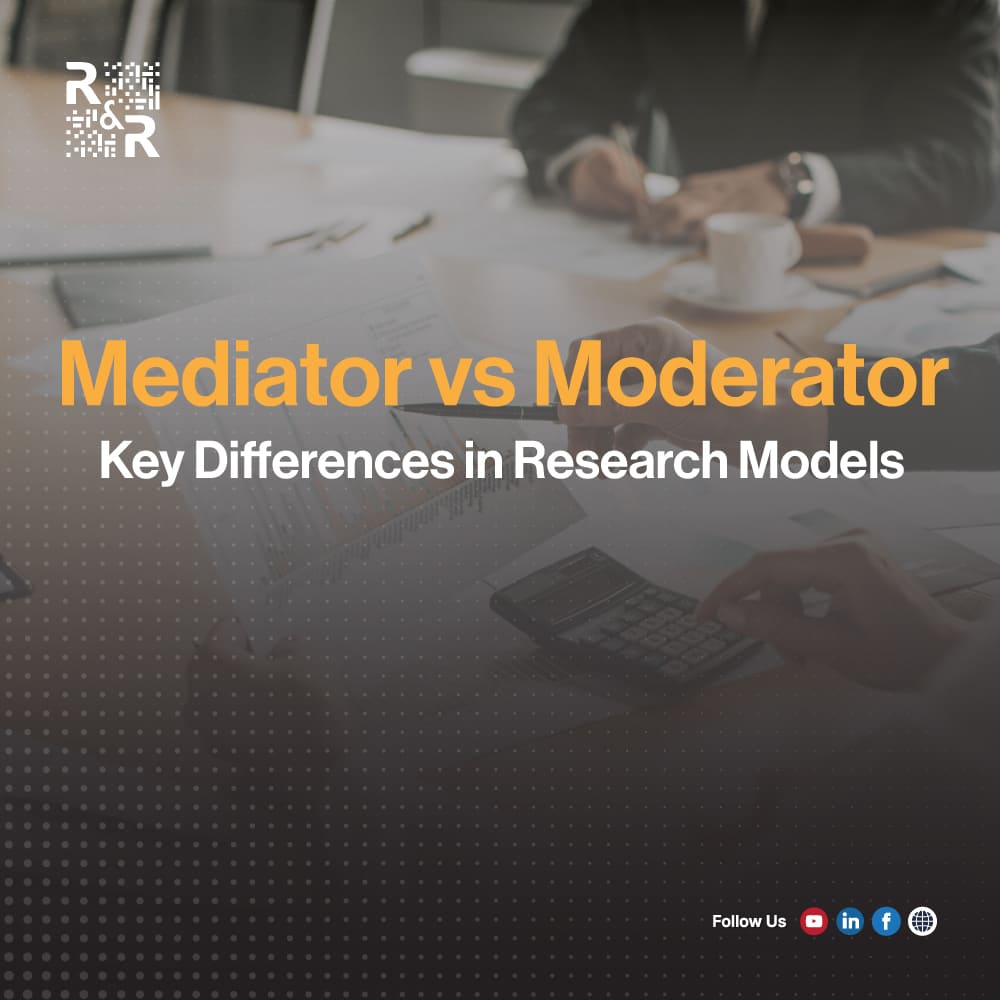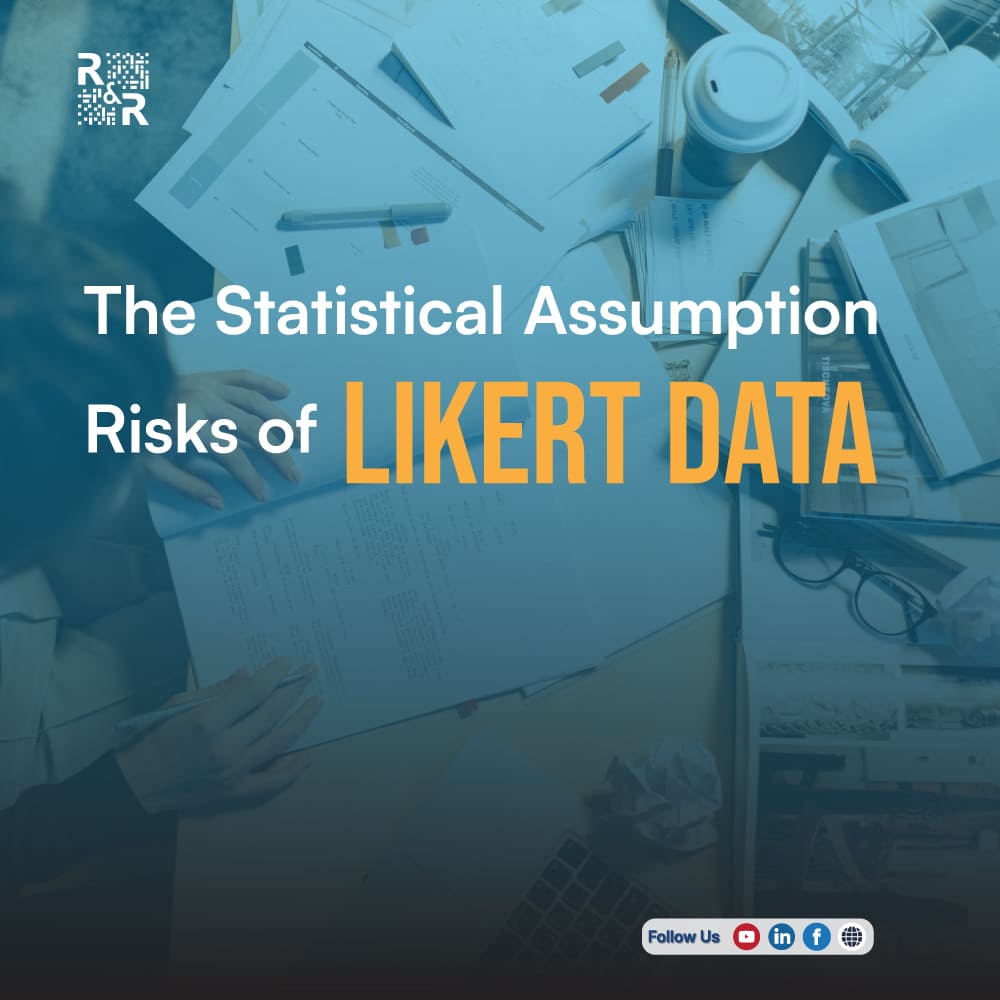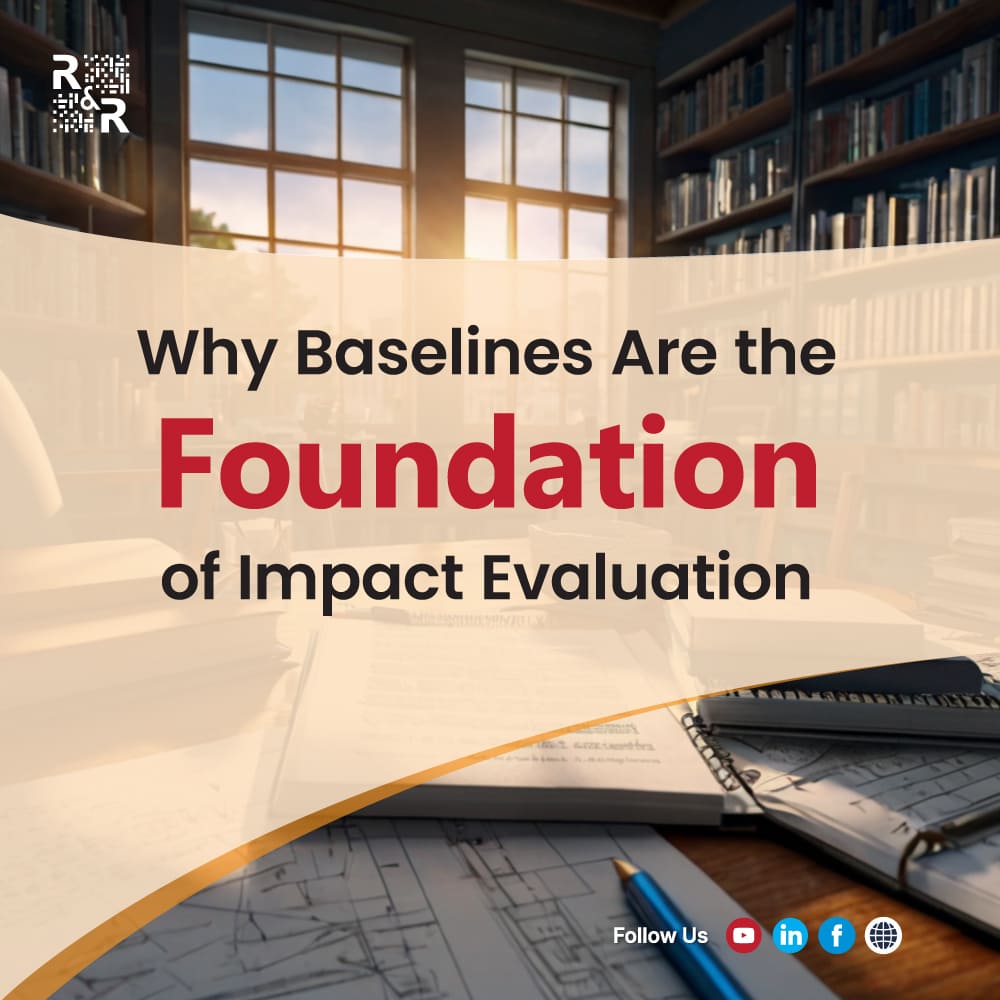Why Your Research Method Must Fit Your Worldview
Most rejected manuscripts fail not because the study is “weak,” but because the claims are not licensed by the paradigm the author claims to use. Reviewers today are trained to identify mismatch between a researcher’s worldview and their methodological choices. A research paradigm combines four elements: If these elements do not logically align, your findings … Read more

